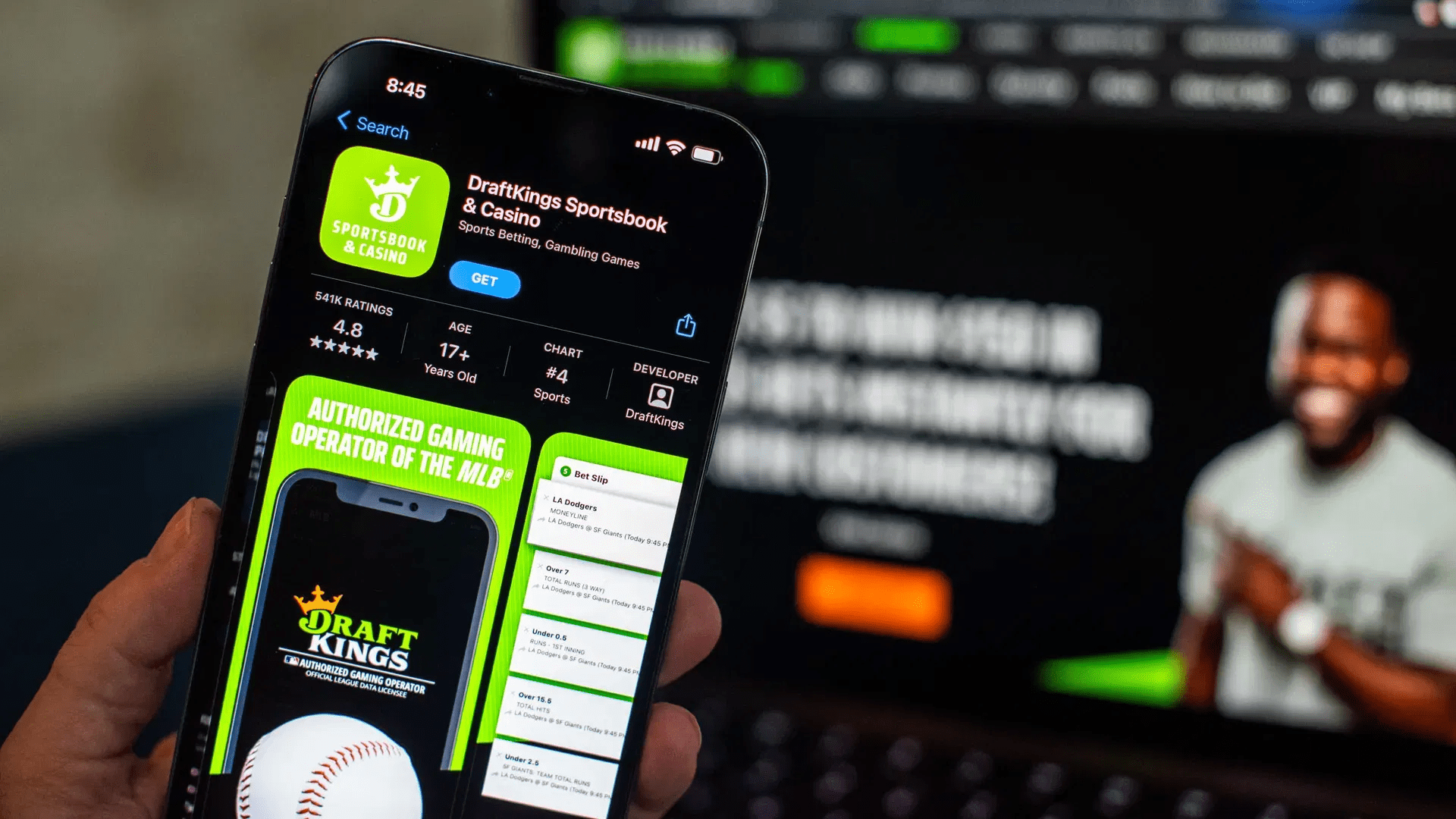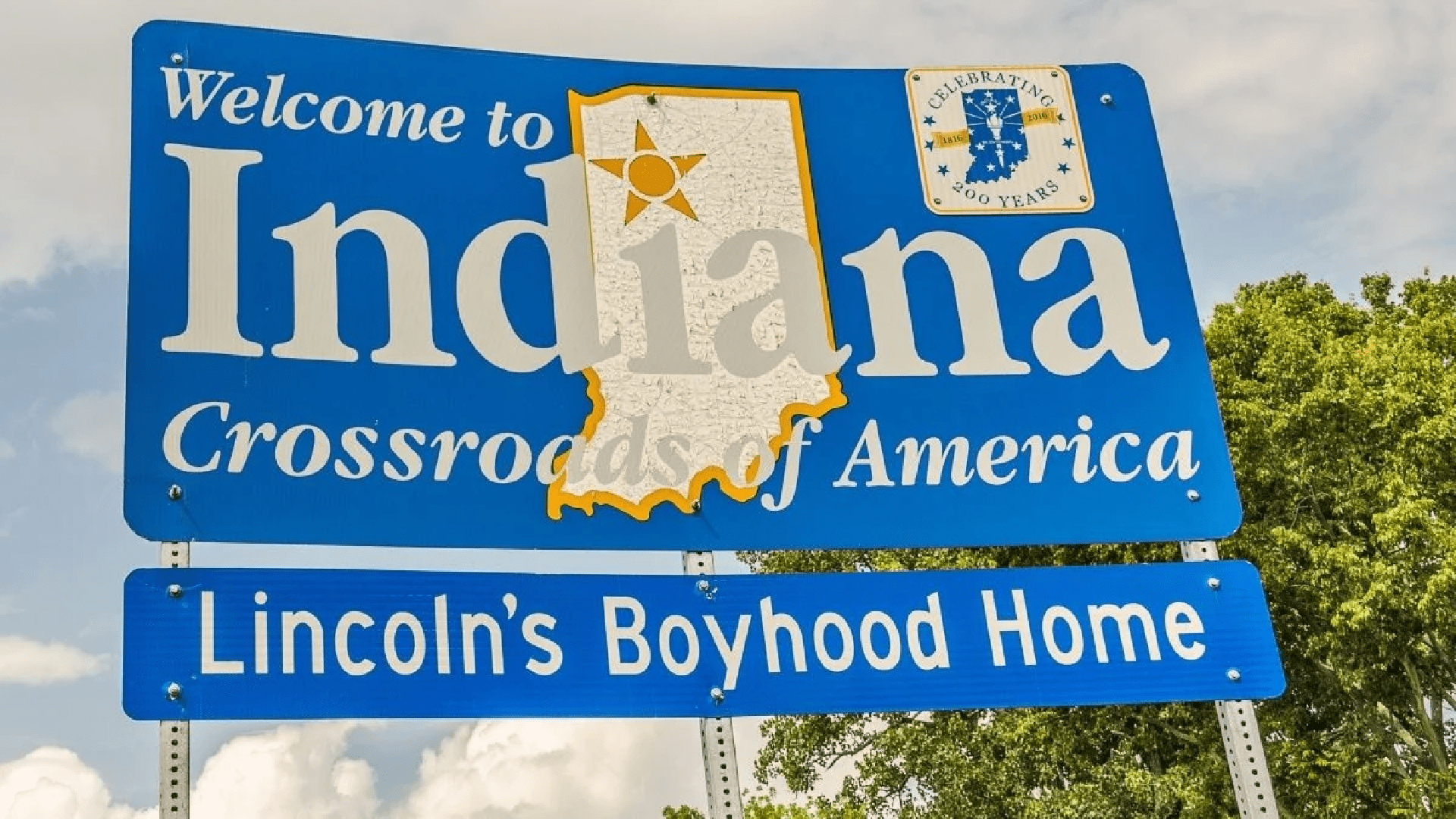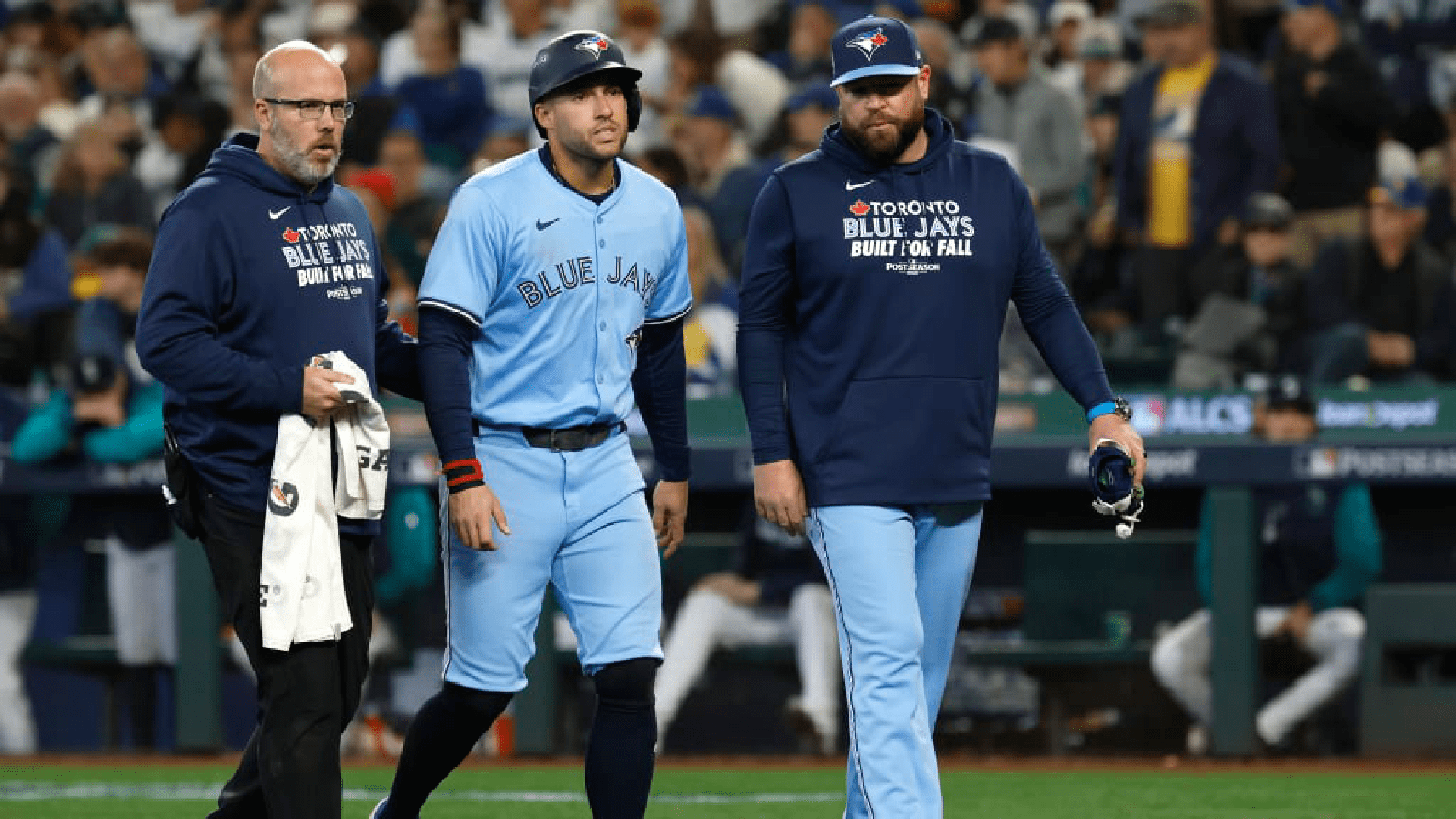
DraftKings Could Buy Back $18 Billion of Stock Over 10 Years, Says Analyst
Over the next ten years, DraftKings (NASDAQ: DKNG) may purchase a significant portion of its shares, perhaps retiring up to $18 billion in common stock.
This is the opinion of Morningstar analyst Dan Wasiolek, who emphasized the gaming company's financial soundness in a recent research, pointing out that the most portion of that repurchase activity is probably going to happen in the second half of the 10-year estimate. The operator's strong financial position is demonstrated by the potential for DraftKings to return capital to investors at that level.
"We see DraftKings’ financial health as extremely sound,” observes Wasiolek. “The company remains in a net cash position, ending 2024 with $1.33 billion in cash against $1.26 billion in long-term debt, which is not scheduled to mature until 2028. Further, DraftKings has $500 million available in an untapped revolver.”
The Boston-based business DraftKings is in the middle of a $1 billion repurchase plan that was disclosed a year ago, under which it retired 6.5 million shares in the first half of this year. However, the company has not stated that it intends to repurchase $18 billion of its stock over the following ten years.
Given DraftKings' current market valuation of $22.69 billion, a buyback activity of $18 billion, even over a ten-year period, would be enormous. If it comes to pass, it would significantly reduce the number of shares brought to market by insider selling.
DraftKings Offers Technological and Product Benefits
Although there is fierce competition in the US online sports betting market, DraftKings and FanDuel have established an apparently unbreakable duopoly. One of the factors making DraftKings a leader in the industry is its investments in technology and products.
With football season almost here, the sportsbook giant's product investment, which includes a focus on in-game betting, might be a short-term driver. Wall Street has praised its ability to execute acquisitions to broaden its tech stack and product portfolio.
"Despite ongoing competition and the threat of heightened regulation, we think DraftKings’ stout technology and product offering produce a brand advantage, the source of its narrow moat,” adds Wasiolek. “DraftKings’ in-house technology platform (acquired in 2020) allows more control into leveraging customer data and launching new products.”
Despite growing competition in the online sports betting space, DraftKings has maintained its top revenue place, according to the Morningstar analyst, and the operator is profiting from better in-game and parlay offerings.
Additionally, DraftKings has a branding advantage.
Morningstar highlights DraftKings' exceptional brand recognition and gives the operator a narrow moat grade, which is better than having no moat. Even though DraftKings doesn't have a huge moat, having a competitive moat could eventually increase the shares.
"While the space is rife with competition, we are seeing growing evidence that DraftKings’ critical mass US digital revenue share is proving durable,” said Wasiolek.
He points out that between now and 2029, DraftKings may report a revenue compound annual growth rate of 21%.








